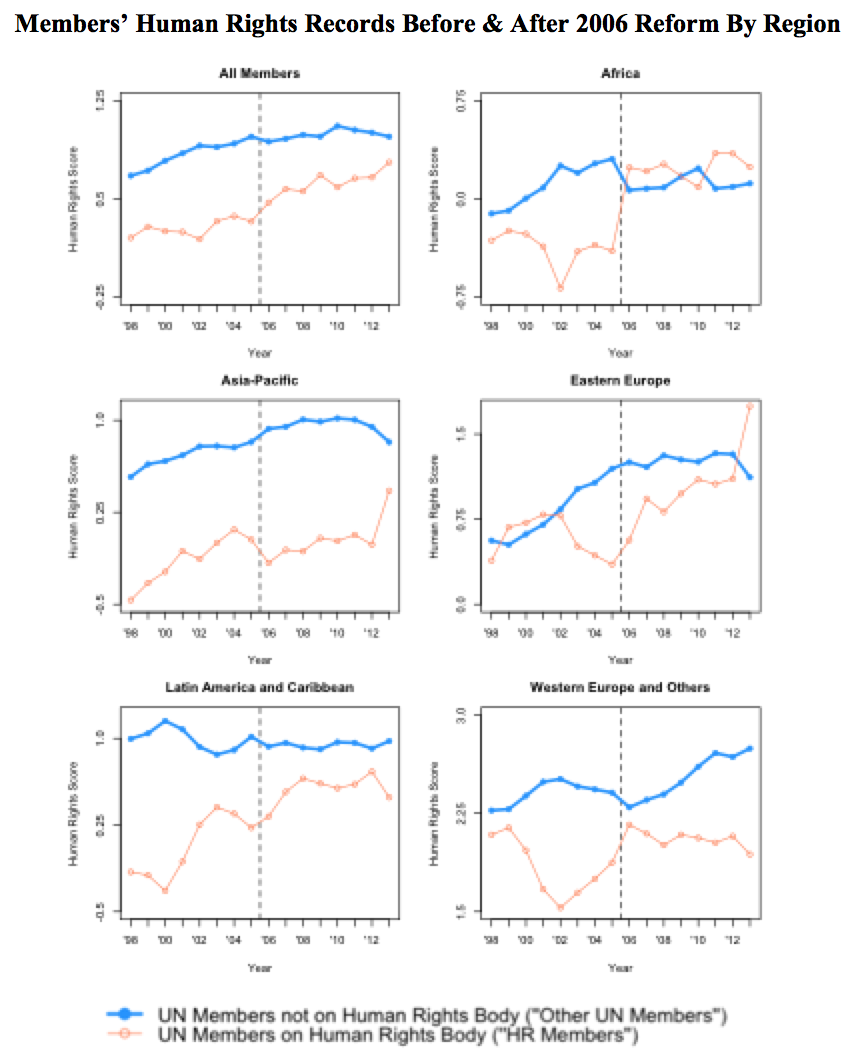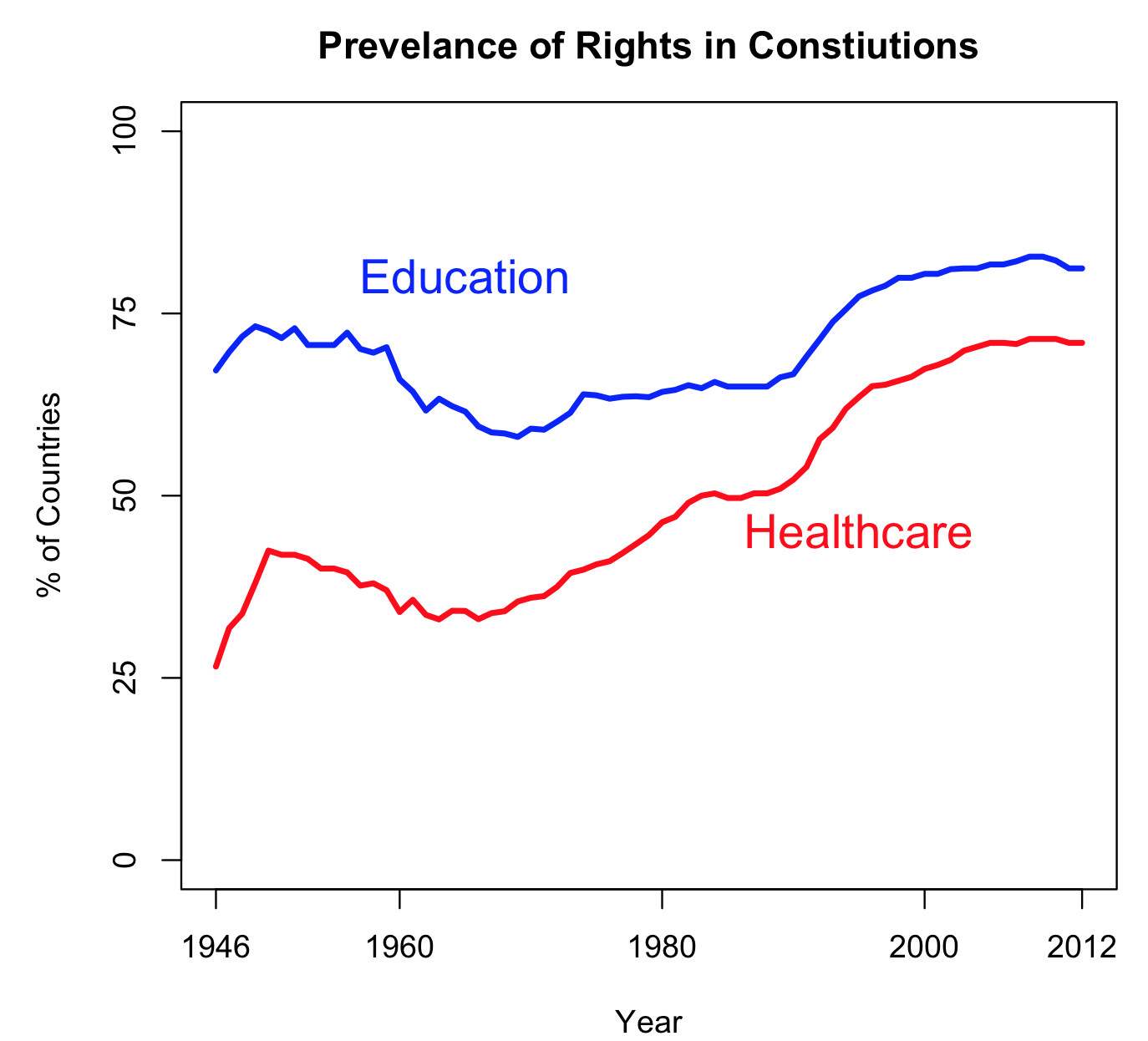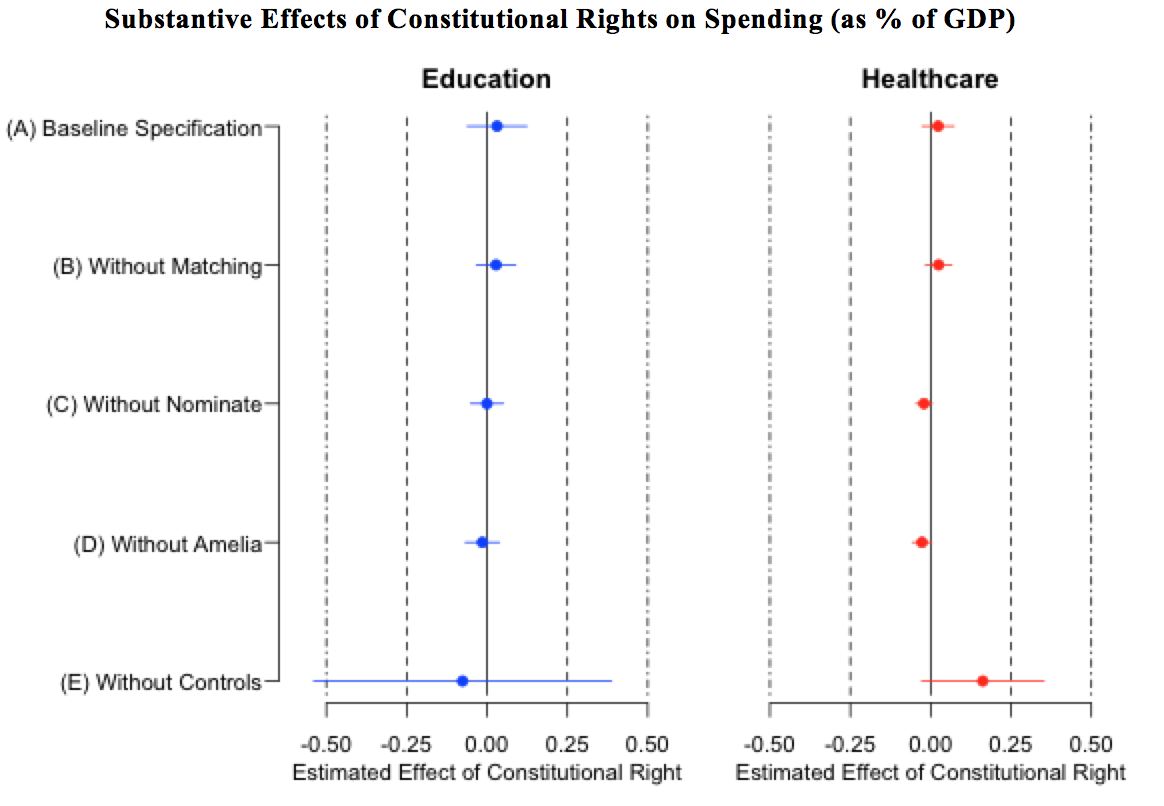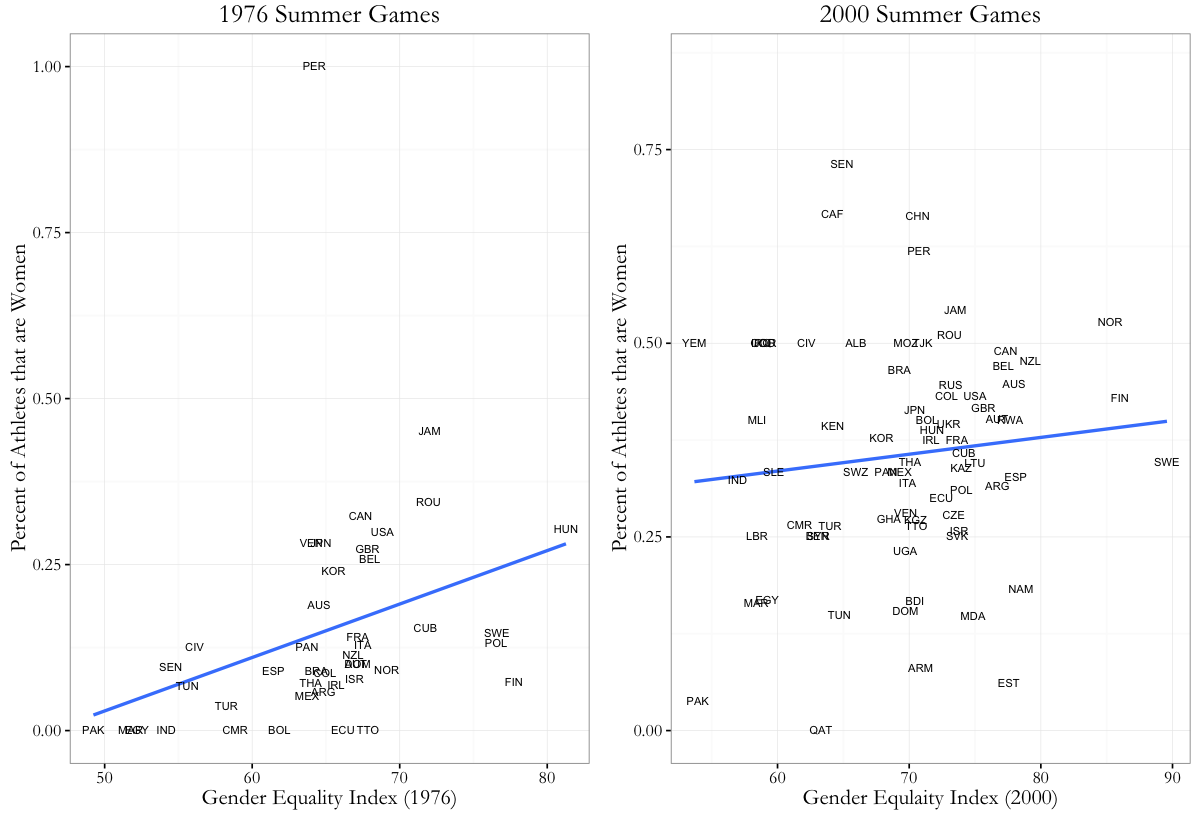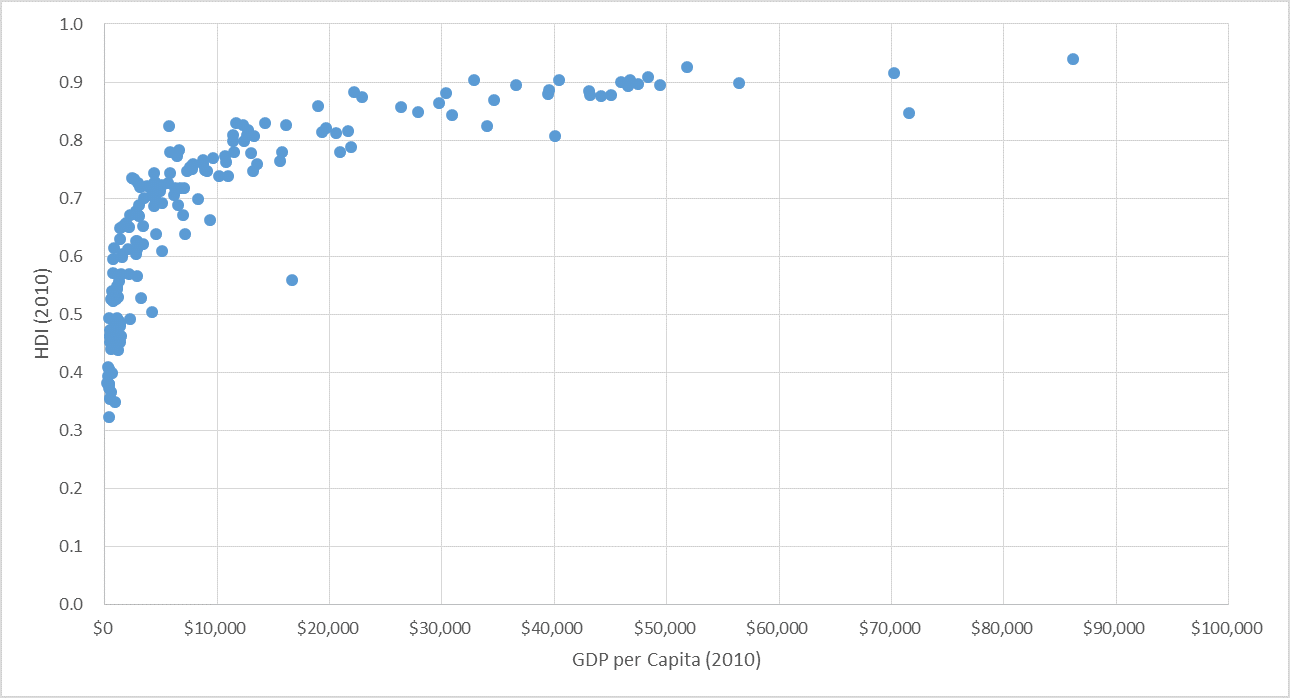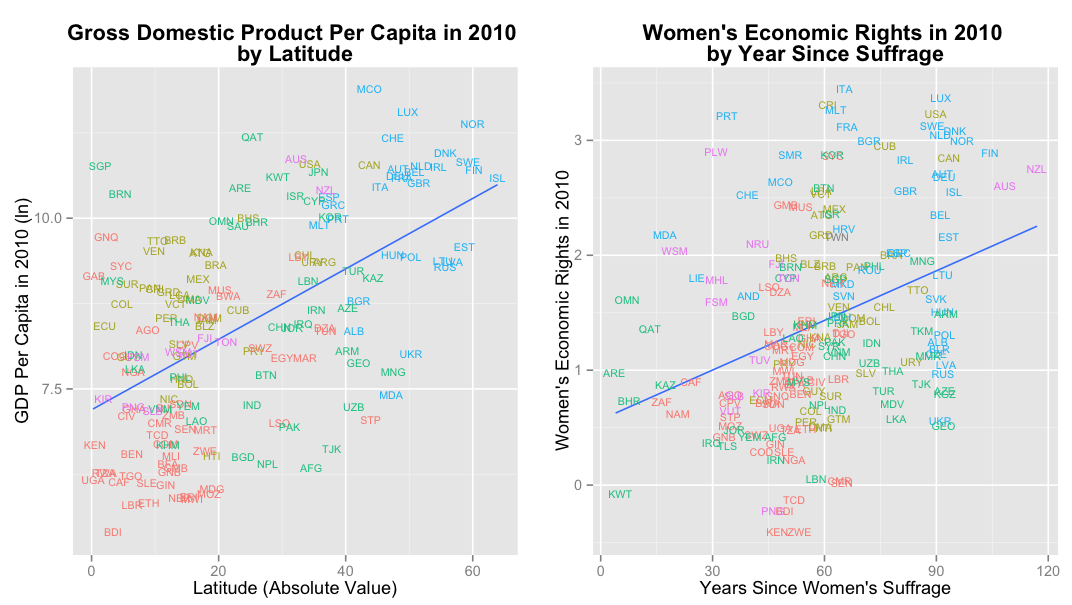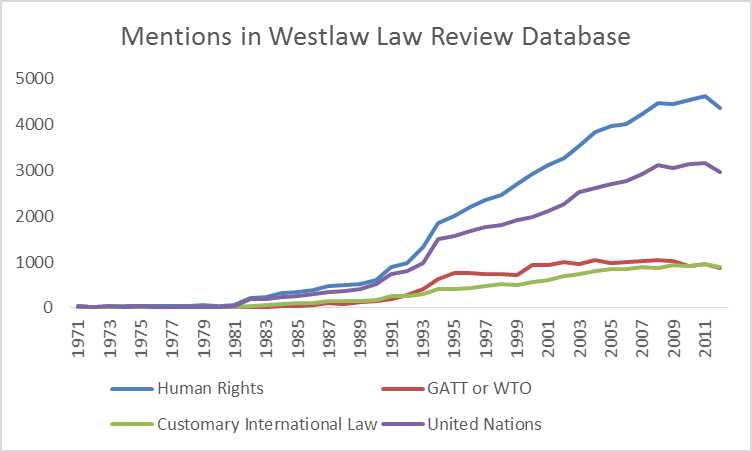The list below has been compiled from the major human rights treaties, which have been ratified by the vast majority of countries.
***
Equality regardless of race, color, descent, or national or ethnic origin
Right to equal treatment before tribunals
Right to security of person
Right to effective protection and remedies
Right to freedom of movement and residence
Right to leave any country and return to one’s own
Right to nationality
Right to marriage and choice of spouse
Right to own property
Right to inherit
Right to freedom of thought, conscience, and religion
Right to freedom of opinion and expression
Right to freedom of peaceful assembly and association
Economic, social, and cultural rights
Right to form and join trade unions
Right to housing
Right to public health, medical care, social security, and social services
Right to education and training
Right to equal participation in cultural activities
Right of access to any public place or service
Freedom from racial segregation
Prohibition of racist propaganda and organizations
Right of self-determination
Freedom to dispose of own wealth and resources
No deprivation of own means of subsistence
Inherent right to life
Restrictions and rights for anyone sentenced to death
General gender equality clause
Freedom of thought, conscience, and religion Prohibition of arbitrary arrest and detention Right to assembly
Right to privacy of the home
Right to association
Right to privacy of communication
Freedom of movement
Equal enjoyment of civil and political rights regardless of gender
Right of access to court and tribunals (habeas corpus)
Prohibition of torture
Right to vote
Prohibition of ex post facto laws
Freedom to choose residence
Freedom to leave any country
Rights of lawful alien in face of expulsion
Right not to be expelled from home territory
Equality regardless of race
Right to present a defense
Right to form trade unions
Right to counsel
Right to public trial
Right to review by a higher tribunal
Presumption of innocence until proven guilty
Rights regarding trial preparation
Freedom from forced testimony or confession of guilt
Right to establish a family
Prohibition of slavery
Freedom from forced labor
Right to liberty and security of person
Rights of arrested person
Rights for children
Right to a remedy when rights are violated
Right to personal privacy
Prohibition of double jeopardy
Equality regardless of belief/philosophy
Right to remain silent
Right to a timely trial
Equality regardless of political opinion
Right to an interpreter
Equality regardless of language
Right to ‘fair trial’
Right to work for the government
Right to privacy of family life
Minority cultural rights
Right to protection of one’s reputation or honor
Equality of husband and wife within the family
Right to appeal to higher court
Equality regardless of economic status
Equality regardless of nationality
Rights for prisoners
Right of self-determination
General gender equality clause
Right to education
Right to a fair wage
Right to work
Right to highest mental and physical health
Equality in employment promotion
Right to form and join trade unions
Right to establish a family
Right to social security
Right to protection and assistance to the family
Right to culture
Artistic freedom
Right to rest and leisure
Right to housing
Right to favorable working conditions
Right to protection of intellectual property
Right to strike
Right to adequate standard of living
Woman empowerment in labor relations
Right to maternity leave
Prohibition of child labor
Right to food
Right to take part in cultural life
Right to enjoy scientific progress
Legislative equality regardless of gender
Equality for women in political and public life
Prohibition of trafficking and prostitution of women
Equality of the husband and wife in marriage and family relations
Same right to enter into marriage
Same right to freedom in choosing a spouse and entering into marriage
Same rights and responsibilities
Same rights with regards to their children
Same personal rights as husband and wife
Same rights with regards to property
Right to acquire, change, or retain nationality
Equality for women in the field of education
Equality for women in the field of employment
Right to safe working conditions
Right to social security
Woman empowerment in labor relations
Right to maternity leave
Right to social services such as child-care facilities
Special protection during pregnancy
Equality for women in the field of health care
Equality for women in rural areas
Right to participate in development planning
Right to health care
Right to benefit from social security programs
Right to training and education
Right to self-help groups and co-operatives
Right to participate in community activities
Right to adequate living conditions
Prohibition of torture
Protection from extradition to another
State where danger of torture exists
Rights while in custody for alleged offense
Right to communicate with appropriate representative
Right to have national State immediately notified of the custody
Fair treatment in proceedings
Prompt and impartial investigation of an alleged act of torture
Rights for complainants and victims of torture
Right to complain about act of torture
Right to protection
Right to fair and adequate compensation
Prohibition regarding statements made as a result of torture
Prohibition of other acts of cruel, inhuman, or degrading treatment or punishment
Inherent right to life (for children)
Right to a name and nationality
Right to know and be cared for by parents
Right to preservation of identity
No separation from parents against child’s will
Protection from illicit transfer abroad and non-return
Freedom of expression
Freedom of thought, conscience, and religion Freedom of association and of peaceful assembly Right to privacy
Freedom from attacks on honor and reputation
Access to mass media information and materials
Right to physical and mental protection
Right to humanitarian assistance
Right to good health
Right to social security
Right to an adequate standard of living
Right to education
Right to rest and leisure
Protection from harmful employment
Protection from illicit use of drugs
Protection from use of children in drug trafficking
Protection from sexual exploitation and sexual abuse
Protection from torture and other cruel, inhuman or degrading treatment and punishment
Protection from abduction, sale, and trafficking
Protection from all other forms of exploitation
Protection from capital punishment and life imprisonment
Protection of children in armed conflicts
Prohibition of child labor
Best interests of the child as the primary consideration
Rights and duties of parents are respected
Rights for disabled children
Rights for minority children to enjoy own culture
Rights of children deprived of liberty
Rights of children accused of infringing penal law
Prohibition of death penalty
Equality for all migrant workers and their families
Free to leave any State
Right to enter and remain in their State of origin
Right to life
Freedom from torture and cruel, inhuman, or degrading treatment/ punishment
Freedom from slavery
Freedom from forced labor
Right to freedom of thought, conscience, and religion
Right to opinions
Right to freedom of expression
Right to privacy
Freedom from unlawful attacks on honor and reputation
Freedom from arbitrary deprivation of property
Right to liberty and security of person
Right to protection
Freedom from arbitrary arrest or detention
Equal rights as nationals
Freedom from confiscation or destroying of legal documents
Freedom from collective expulsion
Right to protection and assistance by their State of origin
Right to recognition as a person
Rights regarding employment
Equal treatment and benefits as nationals
Rights to form or join trade unions
Rights to social security
Right freely to choose remunerated activity
Rights to medical care
Rights of child
Right to a name, registration of birth, and a nationality
Right to education
Right to learn mother tongue and culture
Right to a cultural identity
Rights upon termination of stay
Right to be informed
Right to liberty of movement
Freedom to choose residence
Right to participate in public affairs of State of origin
Right to political rights in State of employment, if granted Equal treatment with nationals of State of employment
Protection of unity of family
Equality in accessing education
Equality in accessing social and health services
Equality in participating in cultural life
Rights regarding taxes
Rights for family of deceased migrant worked or dissolution of marriage
Rights for arrested migrant workers and their families
Right to be informed about arrest in own language
Right to trial or release
Own State shall be notified of the detention
Right to communicate and meet with authorities in the own State
Right to a court trial
Victims of unlawful arrest or detention have the right to compensation
Right to be treated with humanity
Equal rights as nationals
Rights for accused migrant workers and their families
Right to be separated from convicted persons
Rights for juvenile persons to be separated from adults
Right to be presumed innocent until proven guilty Rights in the determination of criminal charges
Right to be reviewed by a higher tribunal
Freedom from imprisonment for failing to fulfill a contractual obligation
Rights for expelled migrant workers and their families
Rights for frontier workers
Rights for seasonal workers
Rights for itinerant workers
Rights for project-tied workers
Rights for specified-employment workers
Rights for self-employment workers
Rights regarding international migration
Rights to sound, equitable, humane, and lawful conditions
Rights to services to deal with questions
Prohibition of armed forces members aged <18 from taking direct part in hostilities
Prohibition of children aged <18 from compulsory recruitment into armed forces
Special protection for persons aged <18
Armed groups prohibited from recruiting or using in hostilities persons aged <18
Prohibition of the sale of children, child prostitution, and child pornography
Rights of child victims
Right to recognition of vulnerability
Right to adapted procedures to address special needs
Right to be informed of the proceedings and the disposition
Right to have views, needs, and concerns presented and considered
Right to support services
Right to privacy and identity
Right to safety
Right to avoid unnecessary delay in the proceedings
Assistance in recovery
Best interests of the child is the primary consideration
Equal protection and benefit of the law for disabled
Recognition of women and girls with disabilities
Recognition of children with disabilities
Access to public services facilities
Right to life
Right to protection in situations of risk
Access to justice
Right to liberty and security
Freedom from torture or cruel, inhuman, or degrading treatment/ punishment
Freedom from exploitation, violence, and abuse
Right to respect for physical and mental integrity
Right to liberty of movement and nationality
Right to live independently
Right to be included in the community
Right to personal mobility
Freedom of expression and opinion
Access to information
Right to privacy
Respect for home and the family
Right to education
Right to good health
Access to habilitation and rehabilitation services and programs
Right to work
Right to an adequate standard of living
Right to social protection
Freedom to participate in political and public life
Freedom to participate in cultural life, recreation, leisure, and sport
Protection from enforced disappearance
Rights for individual who alleges enforced disappearance
Right to report facts to authorities
Right to protection
Protection from extradition to another State where danger of enforced disappearance exists
No secret detention
Right to information on deprivation of liberty
Right to privacy of personal information
Rights for victims of enforced disappearance
Right to the truth
Right to reparation and compensation
Right to form and participate in organizations that address enforced disappearance
***
N.B.: some of the rights in this list appear more than once; the reason is that they appear in multiple treaties.

